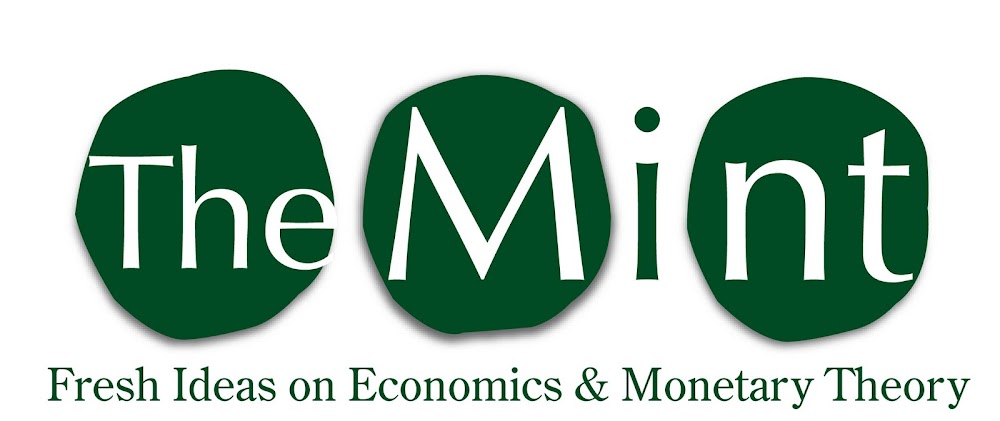Today, Jamie Dimon, CEO of JP Morgan, made his courtesy appearance before the home team, the Senate Banking, Housing, and Urban Affairs Committee earlier today.
It was, for the most part, a constructive exercise. Mr. Dimon had been called to explain something alarming, a $2 billion loss due to hedges gone awry in what is essentially the banks internal treasury operations. Alarming as it may be, the losses fell entirely on the backs for JPM’s shareholders.
It was a stark contrast to the lambasting that Jon Corzine, former bureaucrat and MF Global chief, recieved by committees from both the House and Senate after his firm “lost” $1.6 billion of client funds. As JPMorgan was the counterparty to the transfer of a portion of those funds, it was only natural that a few questions with regards to the infamous event would find their way to Mr. Dimon today.
Generally, Mr. Dimon gave an impressive show in front of the home team crowd. As the largest bank on the planet and a Treasury Primary Dealer, JPMorgan may be one of the largest direct and indirect purchasers of US Bond issues. For the most part, the Senators were kind to their biggest customer. You can see the entire testimony here.
Some observations from The Mint:
While Mr. Dimon took the opportunity to point out that the so called Volcker rule was a bad, which is what has dominated headlines about today’s hearing, He did point out that JP Morgan’s survival was not dependant upon TARP and other bailouts, as has been suggested.
The message? Don’t regulate us and don’t save us.
In the end, isn’t that what True Capitalism is all about?
It was, for the most part, a constructive exercise. Mr. Dimon had been called to explain something alarming, a $2 billion loss due to hedges gone awry in what is essentially the banks internal treasury operations. Alarming as it may be, the losses fell entirely on the backs for JPM’s shareholders.
It was a stark contrast to the lambasting that Jon Corzine, former bureaucrat and MF Global chief, recieved by committees from both the House and Senate after his firm “lost” $1.6 billion of client funds. As JPMorgan was the counterparty to the transfer of a portion of those funds, it was only natural that a few questions with regards to the infamous event would find their way to Mr. Dimon today.
Generally, Mr. Dimon gave an impressive show in front of the home team crowd. As the largest bank on the planet and a Treasury Primary Dealer, JPMorgan may be one of the largest direct and indirect purchasers of US Bond issues. For the most part, the Senators were kind to their biggest customer. You can see the entire testimony here.
Some observations from The Mint:
- Mr. Dimon knows what he is doing.
- There is a reason that JPM is the banker and/or key liquidity provider of many smaller banks and sovereign nations.
- It was brought up that loans are the riskiest investments that a bank makes, and JPM is no exception.
- The term “hedging” is widely misunderstood. Most take it to mean a trade made to eliminate risk, when in practice hedging has the effect of diversifying a portfolio of investments, often using leverage to do so.
- Mr. Dimon’s brief response about the need for fewer regulations which are enforced rather thatn the myriad of regulators which lack expertise and authority was classic.
- The US fiscal cliff will not wait until December 31, 2012 to produce derogatory effects. Individuals and businesses will begin to take actions to protect themselves long before the deadline approaches.
- One of the Senators observed that the US Treasury ran a “loss” of $4 billion per day, twice the amount that Mr. Dimon’s firm had lost on its renegade trades.
- Most of the Senators, while well intentioned, are absolutely clueless about the inner workings of a modern banking entity. Which begs the question, what qualifies them to regulate one?
- JPMorgan is not to big to fail, rather, it is too big to save were it to fail.
- One cannot apply the hedging and investment strategies of the world’s largest bank to the entire banking industry.
- JPMorgan is in a league of its own, and thus is required to take risks on the scale which is difficult to fathom.
- Mr. Dimon places little faith in models, which at best are a reflection of the immediate past and useless for future decision making.
- New regulation costs as a result of legislation inspired by the financial crisis for JPMorgan were estimated to be upwards of $1 billion.
- It is not below the Senate to play the “US Taxpayer is on the hook” card when speaking with a banker, incorrectly implying that the US Taxpayer somehow thought that TARP and everything after was necessary and stands ready to take similar actions should a bank get in trouble.
While Mr. Dimon took the opportunity to point out that the so called Volcker rule was a bad, which is what has dominated headlines about today’s hearing, He did point out that JP Morgan’s survival was not dependant upon TARP and other bailouts, as has been suggested.
The message? Don’t regulate us and don’t save us.
In the end, isn’t that what True Capitalism is all about?

No comments:
Post a Comment